HPL Degree Helps Grads Build A Better U.S. Health Care System
From helping a resident physician understand the legal landscape of medical care, to supporting an entrepreneur’s dream of launching a health care technology company, the HPL program gives practicing professionals expert skills and knowledge to advance their careers.
Students enrolled in the Master of Science in Health Policy and Law (HPL) Program learn directly from experts at California’s premier health sciences university, UC San Francisco, and one of the state’s top law schools, UC Law San Francisco.
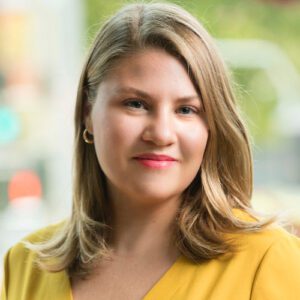
Sarah Hooper is executive director of the UCSF/UC Law SF Consortium on Law, Science & Health Policy.
The 24-credit online degree program, which can be completed in one year full-time or two years part-time, prepares students to research, evaluate, and propose concrete solutions to legal, policy, economic, and social challenges that affect the $4.3 trillion health care industry.
“To improve population health in the U.S., we need multidisciplinary and multisector teams and leaders who can work effectively together to craft solutions,” said Sarah Hooper, executive director of the UCSF/UC Law SF Consortium on Law, Science & Health Policy. “This is a key focus and strength of this program. Our graduates are driven to work beyond silos to make change, and they come here to learn how to do it.”
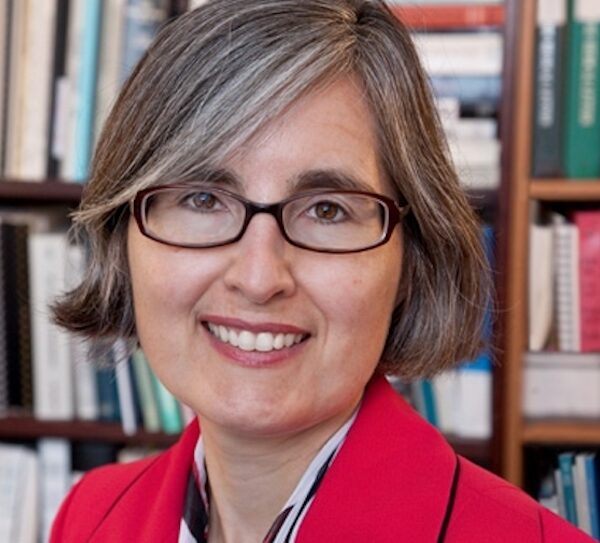
Janet Coffman is co-director of the UCSF/UC Law SF HPL Program.
Graduates of the program have gone on to serve in top positions at academic institutions, medical research labs, technology companies, and health care facilities across the nation.
“HPL students are passionate about acquiring the knowledge and skills to improve health,” said Janet Coffman, a UCSF professor and co-director of the HPL Program. “They have a wide range of educational and professional backgrounds and learn much from one another’s experience and perspectives.”
These six 2023 HPL graduates share what they took away from the program.
Alyce Barner
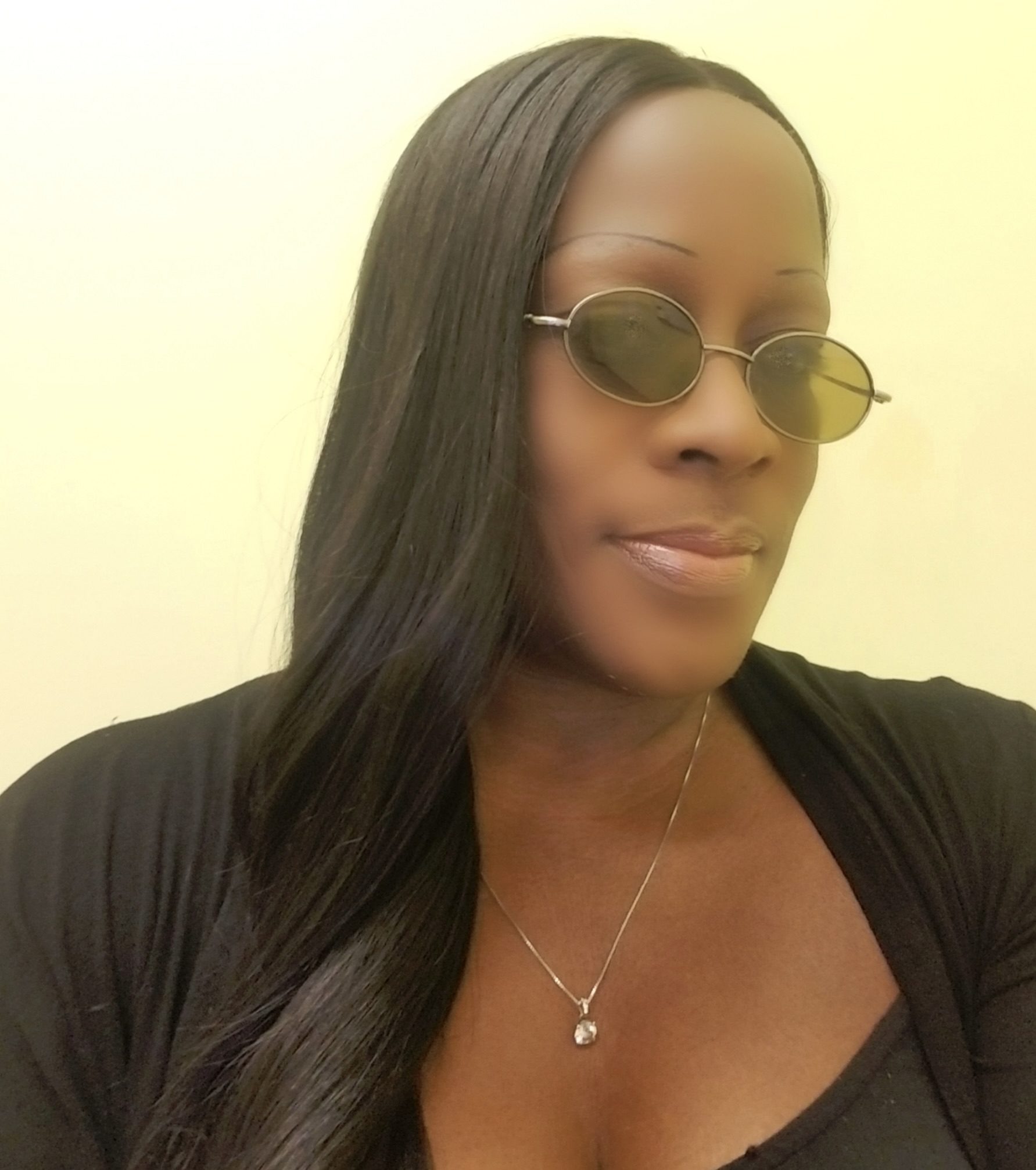
Alyce Barner hopes to work as a public health lobbyist so she can advocate for marginalized communities.
A hospice caregiver from East Oakland, Alyce Barner said the HPL degree will advance her goal of becoming an advocate for people experiencing disability injustice, drug addiction, homelessness, and mental health issues.
“This program helped me better understand the impact of health policies on populations and the economic, social, and behavioral detriments to health,” she said.
Barner said she hopes to work as a public health lobbyist in the future so she can persuade government leaders to enact laws and policies that benefit marginalized populations, “My HPL degree will open many doors for me as I have always believed that preparation meets opportunity. I want to continue to make a difference in the world.”
Nataliya Budanova
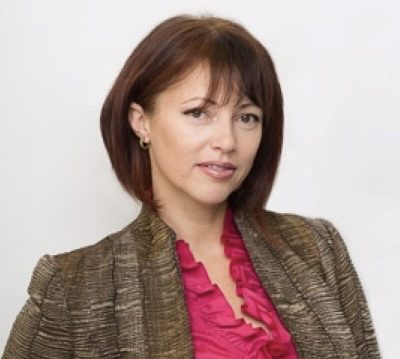
Nataliya Budanova is a UCSF quality improvement specialist who wants to help build a stronger healthcare system that serves all individuals and communities.
Working as a quality improvement specialist at UCSF, Nataliya Budanova said she joined the HPL program to better understand the intricate laws, regulations, economic issues, and ethical considerations that affect the health care industry.
“My ultimate goal is to advocate for patients and to help build a stronger health care system that delivers high-quality, affordable care to individuals and communities,” she said.
Originally from Kiev, Ukraine, Budanova said she appreciated the flexibility of taking classes online and liked how the program provided a big-picture analysis of the health care industry, showing how different issues and challenges are connected, “I am excited to continue growing and contributing to the field, and to play a role in shaping the future of health care in the United States.”
Erica Dellenbach
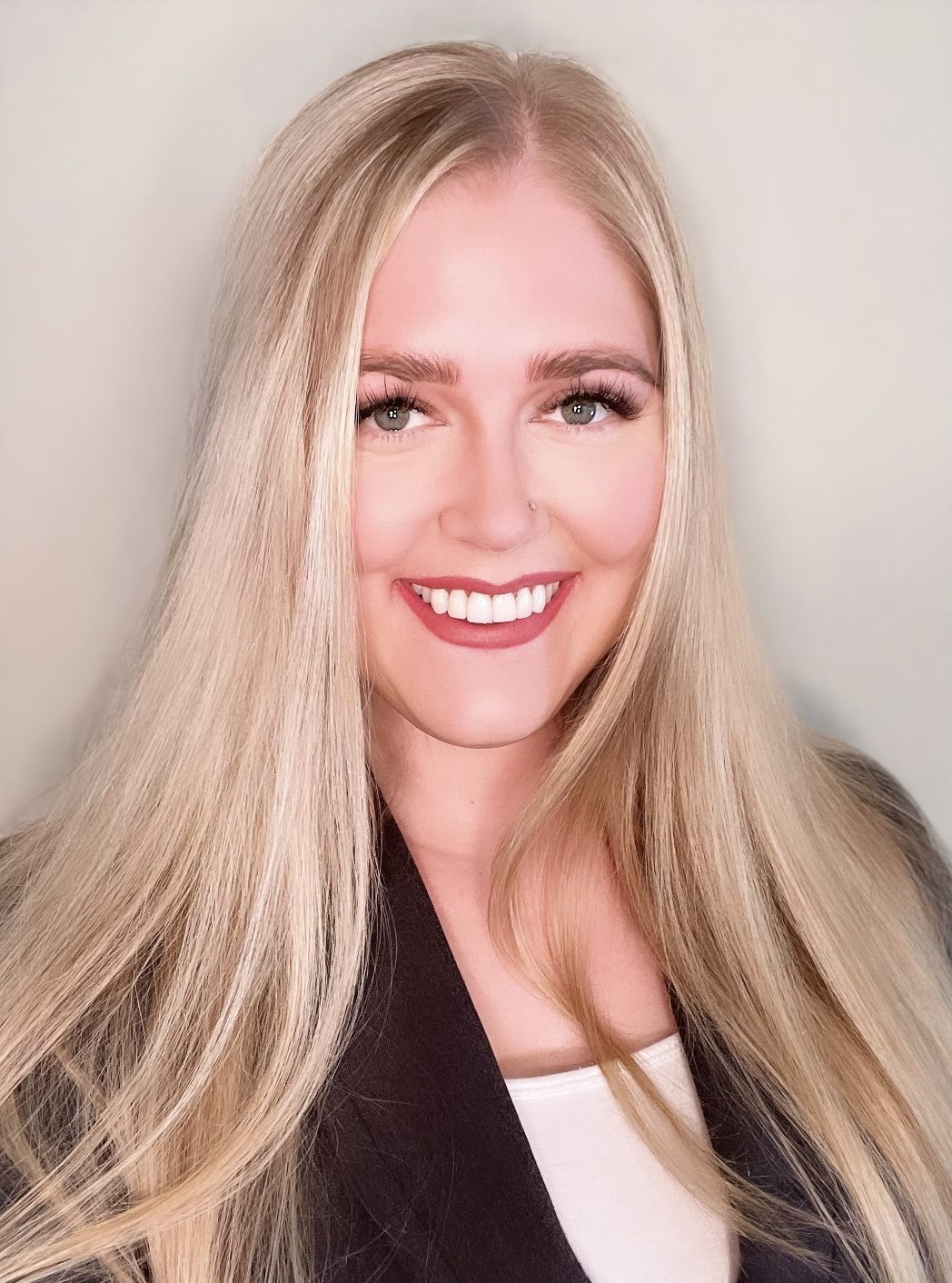
Erica Dellenbach wants to help create a health care system that serves the most vulnerable members of society.
Erica Dellenbach, who grew up in Fairfield, California, said she’s always been fascinated by issues of health and law, but recent events motivated her to learn more about the subject, “The pandemic, beginning in 2020, proved to be a tangible example of how important health policy can be to ensure public health and safety.”
Dellenbach previously worked as a medical assistant, patient care navigator, medical device technician, and researcher/grant writer for a non-profit that helps domestic violence survivors.
Through the HPL program, she said she gained a strong foundation in health law and policy, “I plan to pursue a career in health care that allows me to help people on an individual and population level so that the most vulnerable members of society are able to get the care they need to live a quality life.”
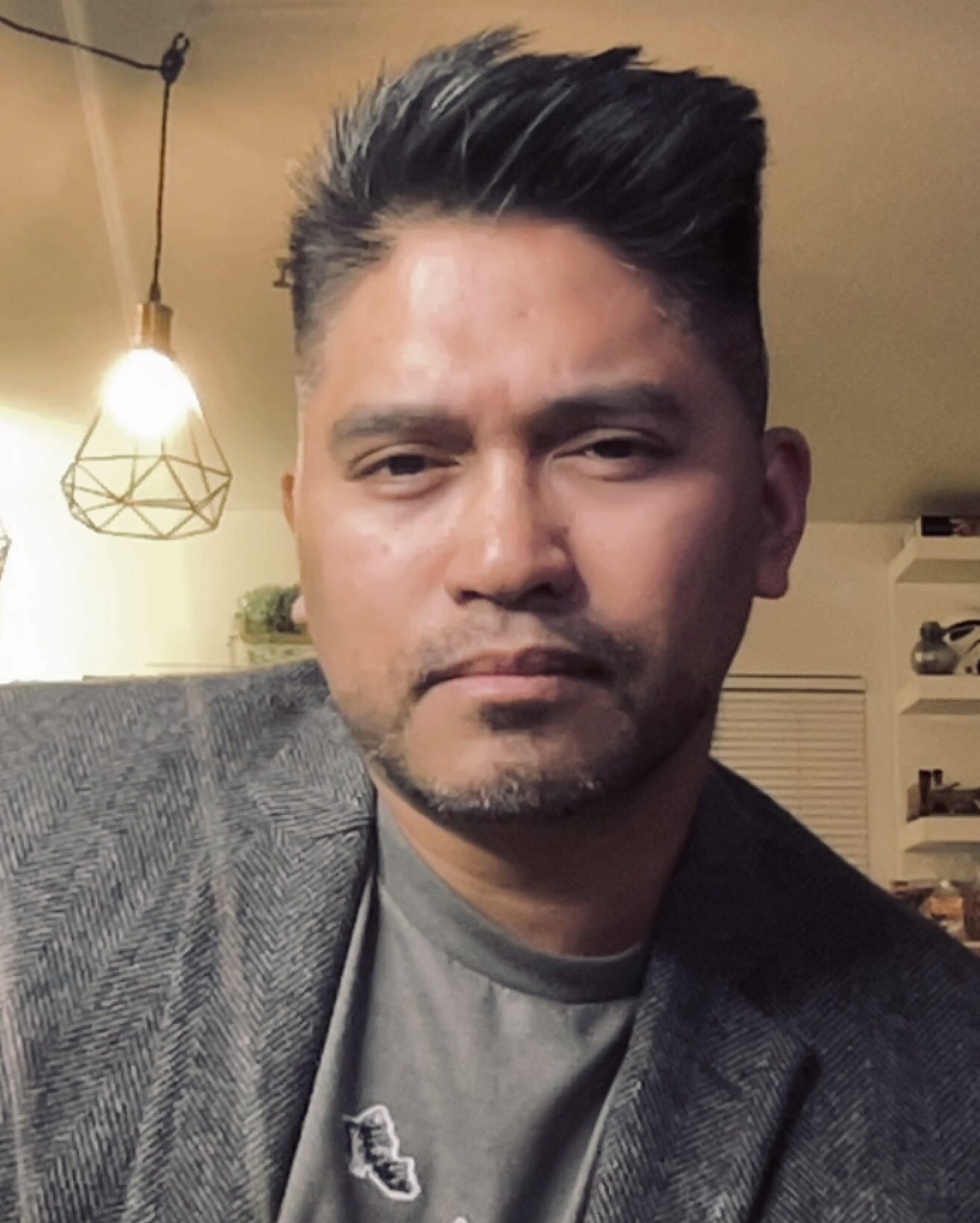
Eugene Dumlao plans to collaborate with private and public entities to introduce Artificial Generative Intelligence (AGI) and cybersecurity measures within healthcare settings.
Eugene Dumlao
After working in high tech for over a decade and overcoming a significant health event during the pandemic, Eugene Dumlao said he was inspired to make a positive difference in the world by addressing disparities in the health care system. That’s what drew him to the HPL program.
“I am deeply engaged in projects that bridge emerging technologies with healthcare, aiming to revolutionize medical practices and enhance patient outcomes,” Dumlao said. “My endeavors span across various innovative initiatives, from exploring the potential of AI-driven diagnostics to leveraging blockchain for secure data management and integrating wearable devices for remote monitoring.”
The son of Filipino immigrants, Dumlao spent part of his childhood in Southern California before moving to the Bay Area. He said he was impressed by HPL professors’ knowledge and dedication to helping students understand the issues, “I have come away from each class with a deeper understanding of health policy and law and how it works in this crazy world.”
Sumana Kondle
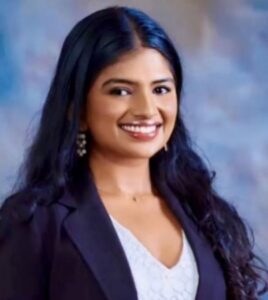
An upcoming resident physician, Suamana Kondle wants to help her patients through policymaking in addition to providing medical treatments and advice.
By the time she started the HPL program, Sumana Kondle had already finished medical school and earned a master’s in public health. The upcoming resident physician said she yearned to gain further expertise on law and policy aspects of the health care system.
“As a young, rising doctor, I saw opportunities for optimizing patient outcomes when overlapping clinical medicine with policymaking and wanted to better understand how to affect ‘upstream change’ in this way,” she said.
Originally from Yuba City, California, Kondle said she is passionate about promoting equity and fairness for all members of the health care industry, “I am eager to use my education and experience to bring positive change to the field of health care and am grateful for this amazing opportunity of study.”
Shannon Lal-Musones
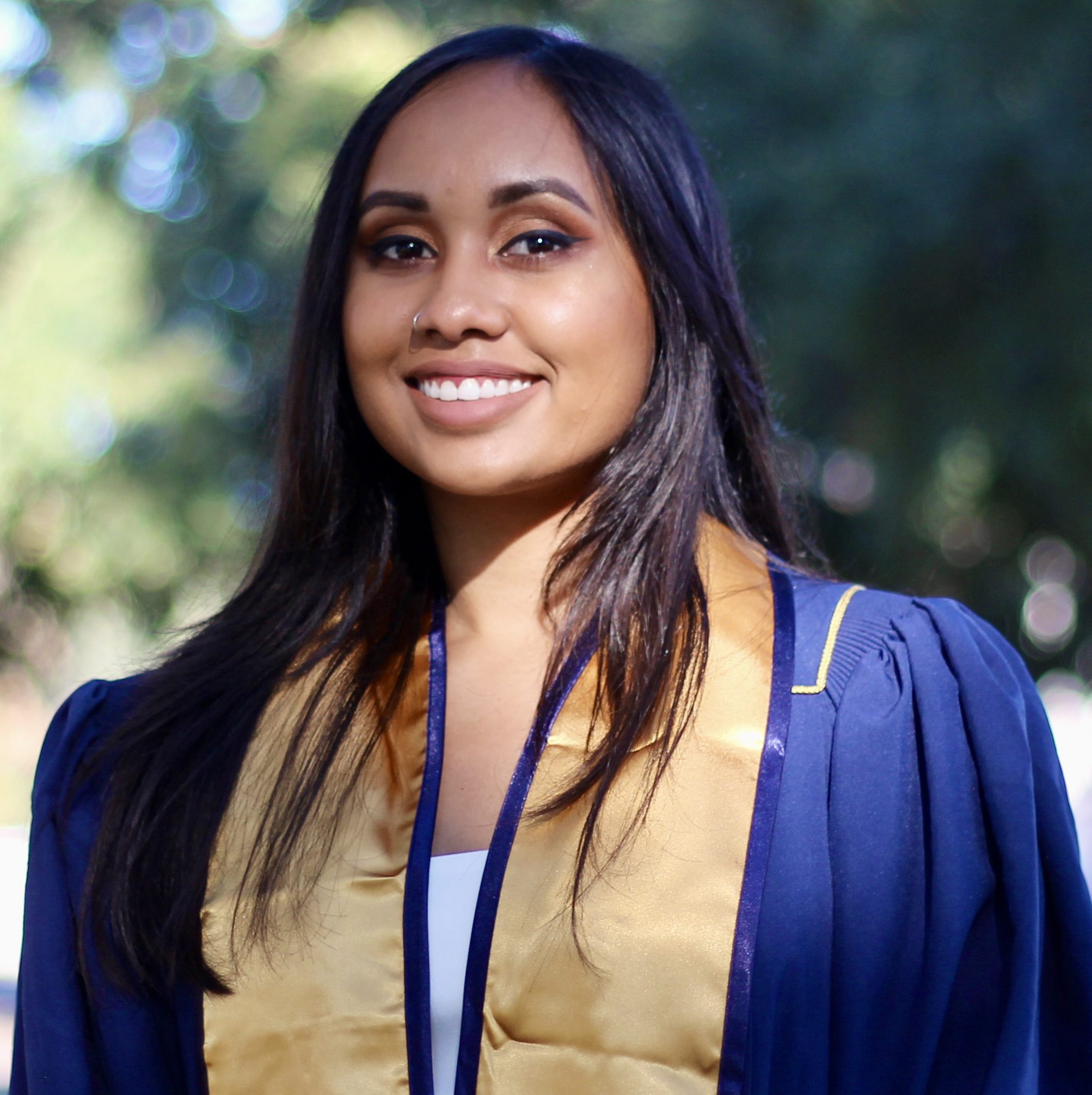
Shannon Lal-Musones chose to pursue a career that melds health science, law, and policymaking.
Shannon Lal-Musones, who grew up in Monterey County, has worked in various health care roles, including volunteering in labor and delivery hospital wards, screening Covid-19 test patients, and preparing charts for patients as a medical scribe. After those experiences, she decided to try approaching the field from a different angle.
“I realized that instead of being a physician, I was far more interested in the intersections of law and policies with healthcare,” she said.
That’s why she enrolled in the HPL program, where she said she enjoyed learning alongside a diverse group of students and delving into real-life issues that affect the multitrillion-dollar health care industry, “I plan to utilize my degree to either go into nonprofit work, policymaking, or even teaching. The beauty of this program is that there is more than one route from here!”